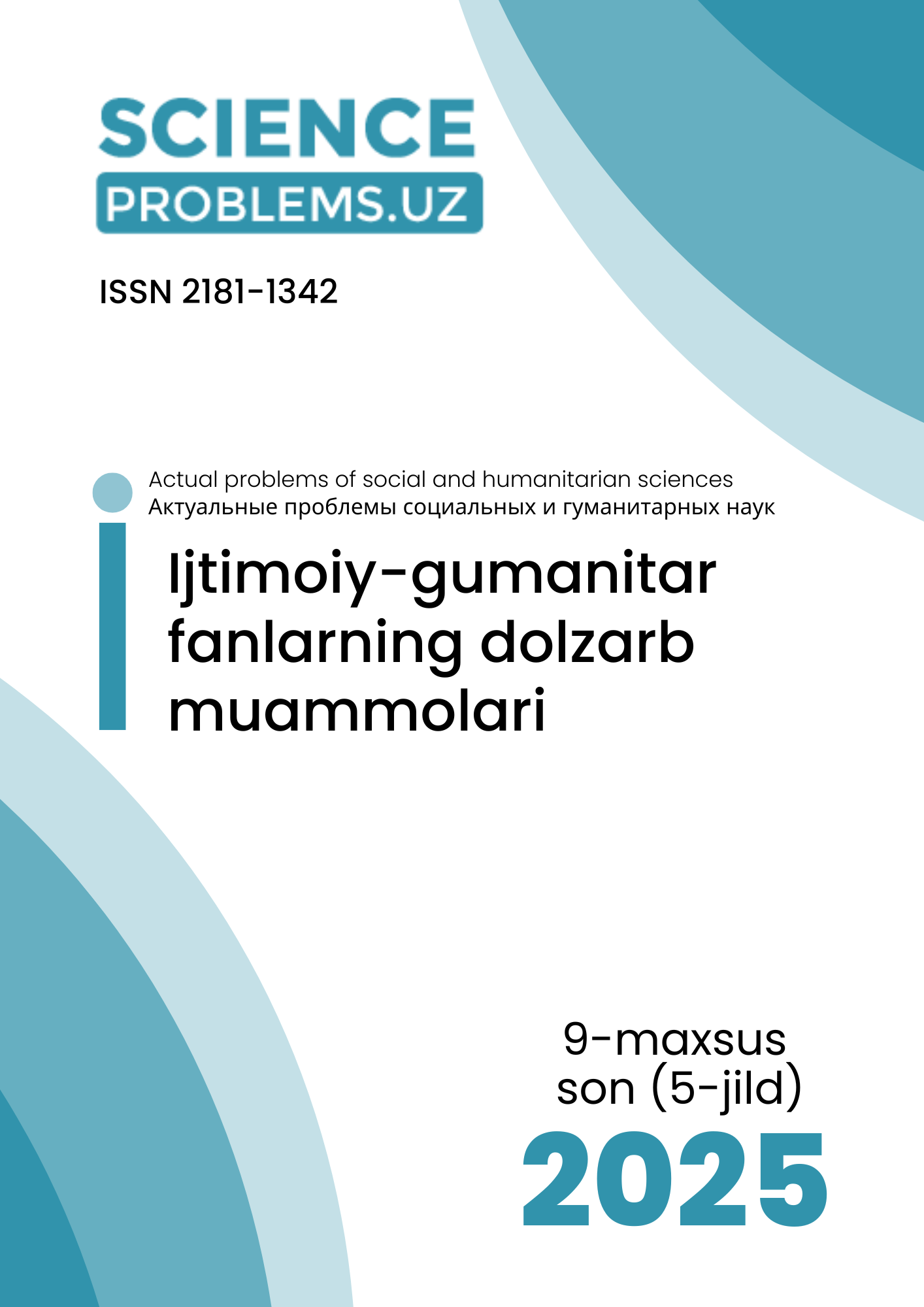THE ROLE OF PEER REVIEW TO IMPROVE WRITING EFFECTIVELY AMONG EFL STUDENTS
DOI:
https://doi.org/10.47390/SPR1342V5SI9Y2025N88Keywords:
peer review, feedback, writing skill, EFL, pedagogical tool, teacher guidanceAbstract
This following article investigates the role of peer feedback (peer review) to enhance writing skills of EFL students. The so-called term “peer feedback” means students` reviews and comments on each other’s work which is likely to provide opportunities for co-operation, reflection, and self-regulation among these students. The study analyzes how peer feedback can improve writing considering accuracy, coherence, and structural organization as well as foster critical thinking and learner autonomy. According to previous researches, peer review can benefit both writer students and reviewers. However, peer feedback is not without challenges—for example, the accuracy of comments, cultural barriers, and students’ skepticism towards peers. Yet, these obstacles can be overcome with relevant teacher guidance, structured rubrics, and proper training. Overall, the study indicates that peer feedback is one of the productive pedagogical tools to develop writing among EFL students.
References
1. Carson, J. G., & Nelson, G. L. (1996). Chinese students’ perceptions of peer response group interaction. Journal of Second Language Writing, 5(1), 1–19.
2. Ferris, Dana R. (2003). Response to Student Writing: Implications for Second Language Students. Mahwah, NJ: Lawrence Erlbaum Associates.
3. Holec, H. (1981). Autonomy and Foreign Language Learning. Oxford / New York: Pergamon Press.
4. Liu, J., & Hansen, J. G. (2002). Peer response in second language writing classrooms. University of Michigan Press.
5. Lundstrom, K., & Baker, W. (2009). To give is better than to receive: The benefits of peer review to the reviewer’s own writing. Journal of Second Language Writing, 18(1), 30–43.
6. Nelson, Gayle L., & Murphy, John M. (1993). “Peer Response Groups: Do L2 Writers Use Peer Comments in Revising Their Drafts?” TESOL Quarterly, 27(1), 121-144.
7. Paulus, Trena M. (1999). The effect of peer and teacher feedback on student writing. Journal of Second Language Writing, 8(3), 265-289.
8. Rollinson, P. (2005). Using peer feedback in ESL writing classes. ELT Journal, 59(1), 23–30.
9. Saito, H., & Fujita, T. (2004). Characteristics and user acceptance of peer rating in EFL writing classrooms. Language Teaching Research, 8(1), 31–54.
10. Vygotsky, L. (1978). Mind in society: The development of higher psychological processes. Harvard University Press.








